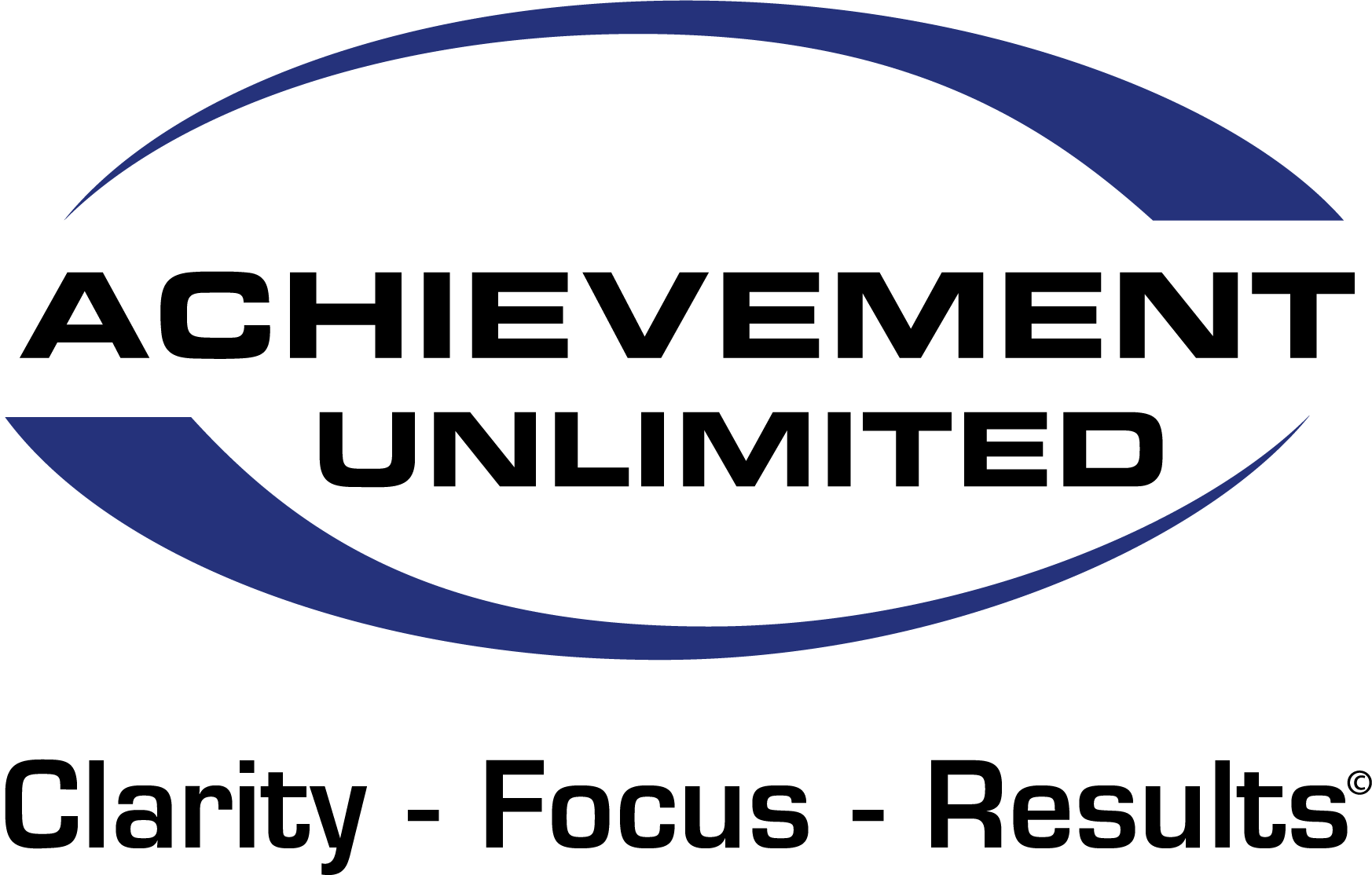Communicating to Connect
It’s the modern paradox – we’re increasingly super-connected but also disconnected. How often do you send a text or e-mail to someone instead of having a verbal conversation over the phone or in person? Does it ever seem like the receiver of that text or e-mail did not fully understand what you intended to say? Does this ever happen even when you are talking to someone face-to-face?
Communication is the exchange of ideas, thoughts, and information between two people. It is a two-way process – receiving as well as sending. To be successful, the communication process must result in a mutual understanding between the sender and receiver. This mutual understanding is very difficult to achieve without some level of interpersonal connection.
Yes, our relationships with others greatly impact the effectiveness of our communication with them and how we communicate with them greatly impacts our relationship. So how do we communicate in a way that creates or enhances connection?
First, be aware that communication does not stop happening. Everything we do or do not do communicates a message.
Be careful to choose the appropriate communication channel – face-to-face, phone, e-mail, text, etc. The channel you choose can help or hinder the communication process. Factors to be considered when choosing a communication channel include: the nature of the message, the detail of the message, the reason for sending the message, the speed at which you want to communicate the message, and the characteristics of the person receiving the message. Whatever the channel, it should remain open so there can be exchange of questions and concerns between sender and receiver.
Finally and perhaps most importantly, recognize that all people have personal filters (experiences, memories, biases, values, expectations, beliefs and assumptions) that may influence what they see, hear, and feel in the message. Our message may not be received initially as we intended and we should demonstrate understanding and empathy when this occurs.
Communication is a dynamic process and the more you know about the person you are talking to, the more effectively you will be able to communicate with them.
I will be speaking for the Presence Summit, a virtual event, at 9:15 AM on July 15th. The topic of discussion is – What Type of Communicator Are You? The Presence Summit is a full day of stimulating presentations and workshops to help you AMPLIFY and SHARE your value using video communications. Click Here to find out more.

Recent Comments